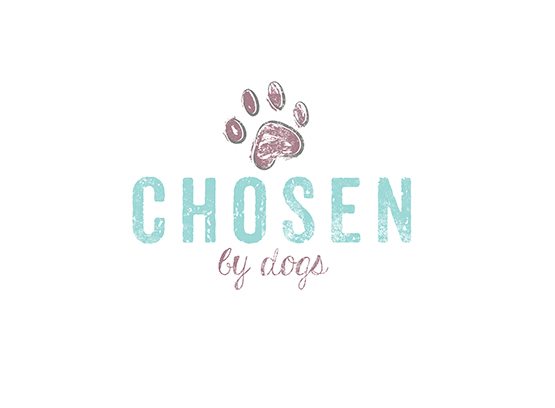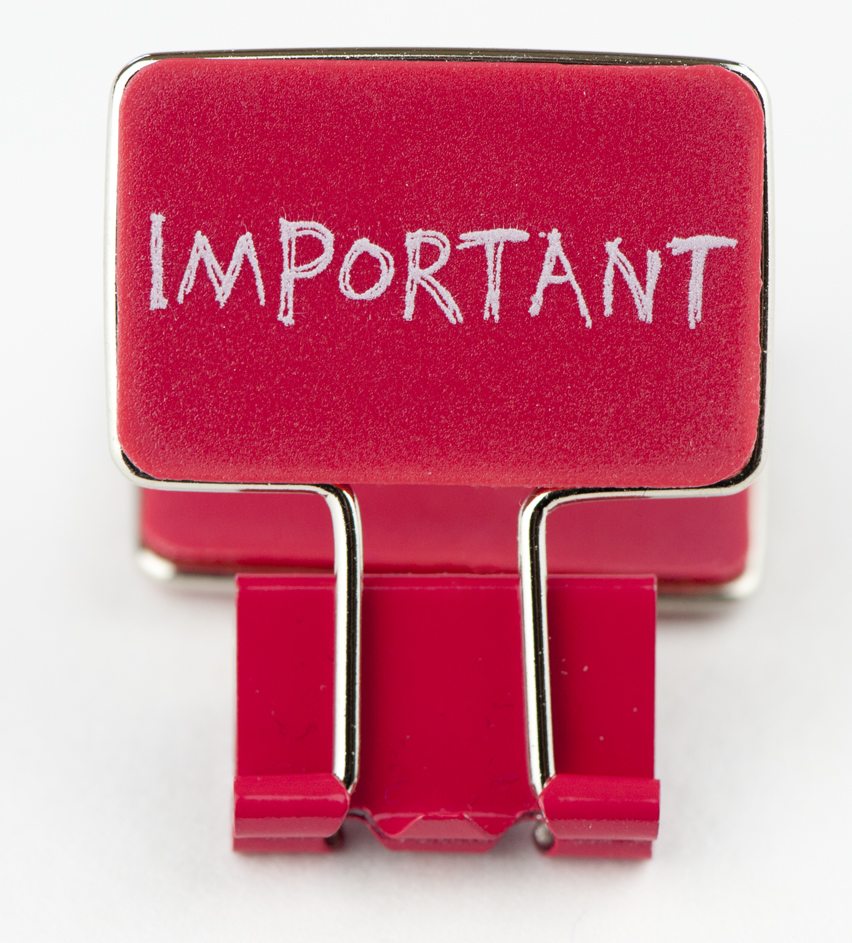HOW THE LAW PROTECTS DOGS FROM SUFFERING
One of the things that I know people who visit this website will hate is the idea that dogs are not properly looked after or even deliberately harmed by humans, but the fact is this does happen. I like everybody to understand and know my rights and the main legislation to protect dogs is the Animals Act 2006 so I’d like to share this with you.
The Animals Act 2006 applies not only to dogs but most “commonly domesticated” animals (who are not wild and are under the permanent or temporary control of a human) who become “protected animals” under this law, once they are born.
1 Responsible ownership
Owning a human or dog is a serious business and one which comes with duties and responsibilities. Quite rightly, under section 9 of the Act, owners must make sure ensure that the needs of any animal they are responsible for are met and this includes
- a suitable environment
- a suitable diet
- protection from pain, suffering, injury and disease.
We’ll love you for this too.
2 Avoiding suffering
Section 4(1) of the Act means that it is an offence to
- cause or
- permit
unnecessary suffering to a protected animal
However, the law takes this further so that if you are the person responsible for an animal and someone else causes unnecessary suffering to your animal which you
- allow to happen OR
- fail to prevent
you also commit a criminal offence.
3 Tail docking and other similar procedures
Under Section 5 of the Act, it is an offence
- to remove the whole or part of a dog’s tail for anything other than a medical reason OR
- if you are the person with responsibility for the animal, you allow someone else to do this
Section 6 of the Act means that it is also an offence, for most animals, to
- carry out a “prohibited procedure” which includes mutilation or interference with an animal’s sensitive tissues or bone structure OR
- if you are the person with responsibility for the animal, you allow or fail to prevent someone else from doing this
The exception to this tail docking which can be performed on a certified working dog who is not more than 5 days old. However
- the dog must be one of a particular specified breed and
- the certification as a working dog must be done by a vet in accordance with recognised regulations who has seen the necessary evidence that the dog is “likely to be used” as a working dog.
A working dog is a dog that “is likely to be used for work in connection with”
(a) law enforcement,
(b) activities of Her Majesty’s armed forces
(c) emergency rescue
(d) lawful pest control or
(e) the lawful shooting of animals.
4 Poisoning Dogs
I have heard some awful stories about neighbours trying to poison dogs because, for example, the dogs bark. Take note nasty neighbours that unless you have “lawful authority or reasonable excuse” (for example, you are a vet) then under section 7 it’s actually an offence
- to administer (give) any poisonous or injurious drug OR
- if you are the person with responsibility for the animal, you allow someone else to do this
5 Fighting animals
Section 8 of the Act rightly makes it an offence to
- keep or train an animal for fighting or take part in any animal fight
- keep any premises for use in an animal fight
- make (or attempt to make) an animal fight take place
- knowingly receive money for or bet on an animal fight
- knowingly publicise or provide information about an animal fight intending to encourage people to attend
- possess anything “designed or adapted for use in connection with an animal fight” which you intend to use
- be present at an animal fight without lawful authority or reasonable excuse
- supply, publish or show a video recording of an animal fight which takes place in the UK. Sadly fights which took place before the 6th April 2007 outside UK may still be shown
All of these offences are criminal offences which mean that the human could be fined up to £20,000 (£5,000 for failing to meet responsible ownership under section 9) or go to prison for up to 51 weeks (and we won’t want to visit you).
I, for one, am happy to see my fellow animals getting the protection we deserve.
Max



You must be logged in to post a comment.